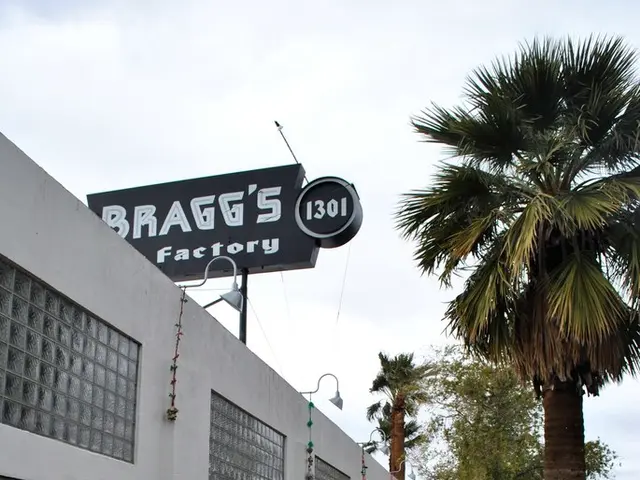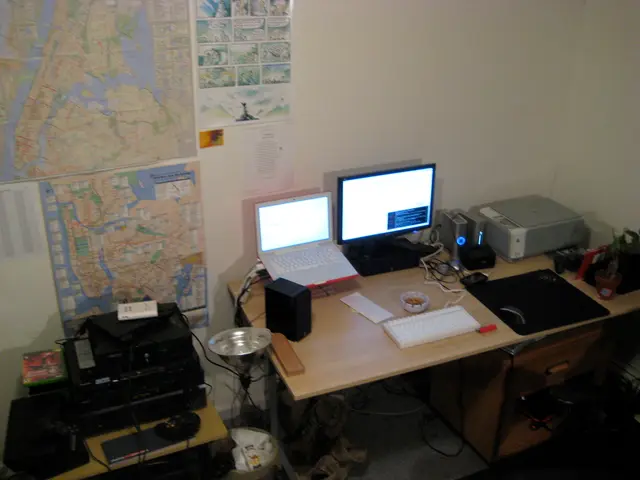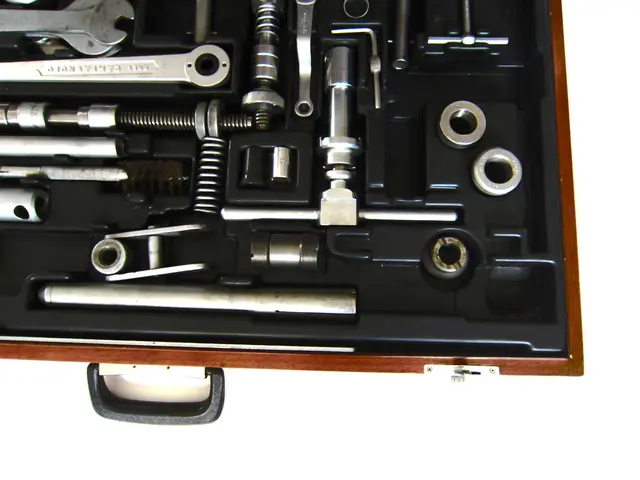Taiwan Rejects US Demand to Move Half of Chip Production to US
Taiwan has rejected US demands to produce half of its semiconductors in the US, straining relations between the two nations. This move comes despite the US's push to reduce dependence on foreign chip imports and GlobalFoundries' $16 billion investment in the US chip industry.
US Secretary of Commerce Howard Lutnick had demanded that Taiwan split its chip production evenly between domestic and US facilities. However, Taiwan's Vice Premier Cheng Li-chiun stated that Taiwan 'will not agree' to this proposal. The Taiwanese cabinet views its chip-making prowess as a strategic asset, or 'silicon shield', crucial for its security and international support.
The fifth round of US-Taiwan trade negotiations did not include this proposal, according to Cheng. Instead, progress was made towards reducing US tariffs on Taiwanese goods. Taiwanese officials and experts have expressed alarm and criticism over Lutnick's proposal, fearing it could lead to Taiwan losing its core competitiveness in the industry. TSMC, the world's largest contract chipmaker, has previously invested in US chipmaking facilities, but Taiwan has vowed to resist US pressure to shift half of its chip production capacity to the United States.
Taiwan's refusal to comply with US demands for chip production relocation has added tension to US-Taiwan relations. While trade negotiations continue, Taiwanese officials remain committed to protecting their semiconductor industry, viewing it as a strategic asset for their nation's security.
Read also:
- Web3 gaming platform, Pixelverse, debuts on Base and Farcaster networks
- Goodyear in 2025: Advancement in Total Mobility through the Launch of Kmax Gen-3 by Goodyear
- Boston Metal pioneers route to commercial production for eco-friendly steel method
- Electric SUV Showdown: Vinfast VF6 or MG Windsor EV - Your Choice Revealed







